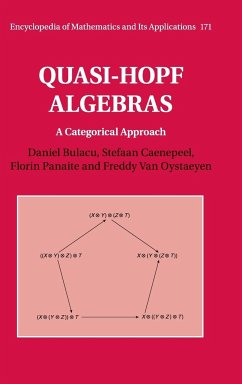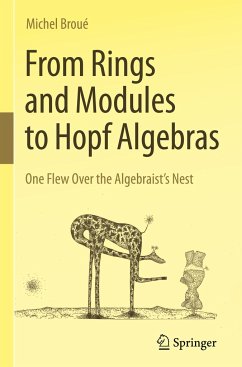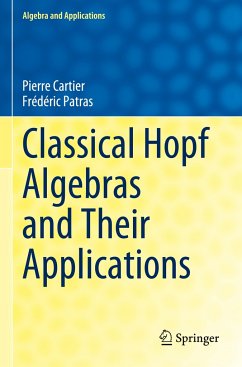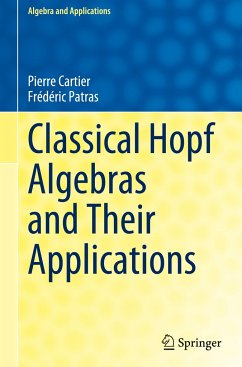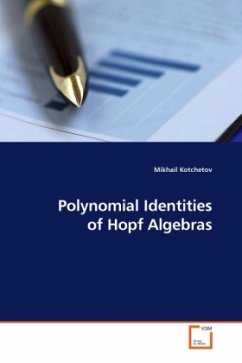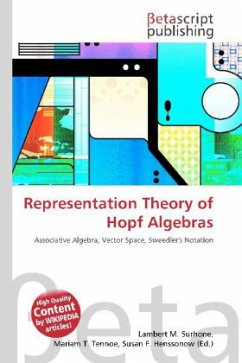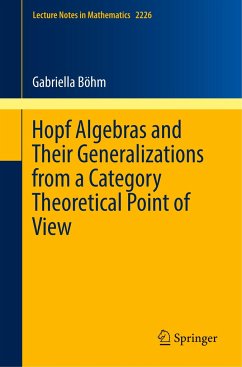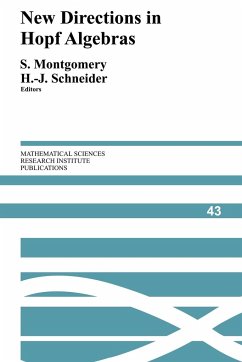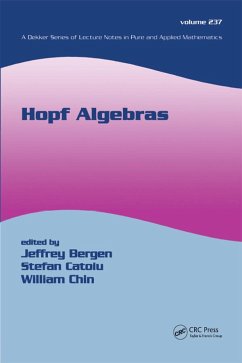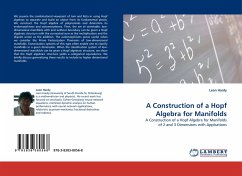
A Construction of a Hopf Algebra for Manifolds
A Construction of a Hopf Algebra for Manifolds of 2 and 3 Dimensions with Applcations
Versandkostenfrei!
Versandfertig in 6-10 Tagen
32,99 €
inkl. MwSt.

PAYBACK Punkte
16 °P sammeln!
We assume the combinatorial viewpoint of Joni and Rota in using Hopf algebras to separate and build an object from its fundamental pieces. We construct the Hopf algebra of polynomials and determine its endomorphisms and automorphisms. Then, the set of orientable, low-dimensional manifolds with and without boundary can be given a Hopf algebraic structure with the connected sum as the multiplication and the disjoint union as the addition. The automorphisms prove useful when we consider the Prime Factorization Theorems of low-dimensional manifolds. Factorization systems of this type often enable ...
We assume the combinatorial viewpoint of Joni and Rota in using Hopf algebras to separate and build an object from its fundamental pieces. We construct the Hopf algebra of polynomials and determine its endomorphisms and automorphisms. Then, the set of orientable, low-dimensional manifolds with and without boundary can be given a Hopf algebraic structure with the connected sum as the multiplication and the disjoint union as the addition. The automorphisms prove useful when we consider the Prime Factorization Theorems of low-dimensional manifolds. Factorization systems of this type often enable one to classify manifolds in a given dimension. When the classification system of low-dimensional manifolds can be given a Hopf algebraic structure, we show that the Hopf algebraic structure yields a categorical equivalence. We briefly discuss generalizing these results to include to higher dimensional manifolds.



